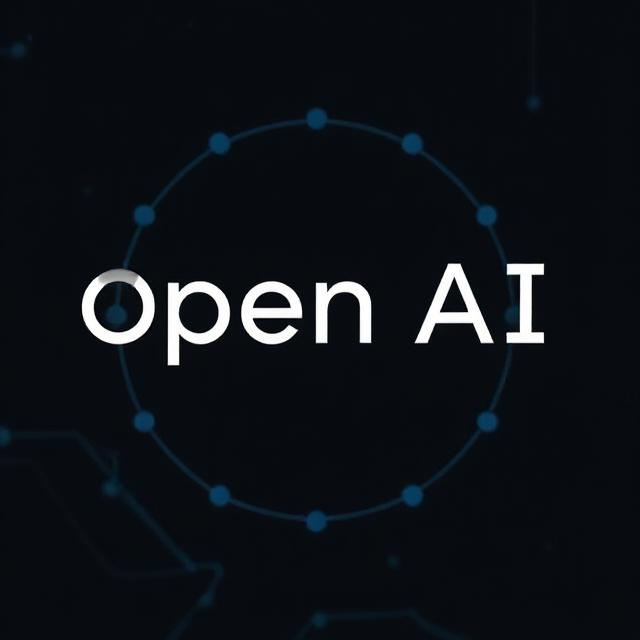The Washington Post Partners with OpenAI to Share Content with ChatGPT
In a groundbreaking collaboration, The Washington Post and OpenAI have announced a new partnership designed to make high-quality journalism more accessible through ChatGPT . This initiative aims to enhance how users interact with news by integrating summaries, quotes, and direct links to The Post’s original articles within the AI model’s responses.
How the Partnership Works
Under this agreement:
- When users ask ChatGPT questions related to topics covered by The Washington Post , the AI will provide concise summaries or key quotes from relevant articles.
- Each response will include clear attribution to The Washington Post, along with direct links back to the original stories on the publication’s website.
- This ensures that users not only receive accurate and timely information but are also encouraged to explore the full context by visiting The Post’s platform.
The integration is particularly focused on complex or rapidly evolving subjects—such as politics, global events, business, and technology —where reliable reporting is critical for understanding the bigger picture.
Goals of the Collaboration
Both organizations emphasize that the partnership is rooted in a shared commitment to promoting trustworthy information in an era of misinformation and information overload. Key objectives include:
- Improving Access to Reliable News : By surfacing The Post’s journalism within ChatGPT, users can quickly find credible answers to their questions without sifting through unreliable sources.
- Supporting Quality Journalism : The deal provides The Washington Post with financial compensation and increased visibility, ensuring its reporters’ work reaches a broader audience.
- Enhancing User Experience : ChatGPT users benefit from richer, more informative responses that are grounded in authoritative reporting.
Why This Matters
-
Combating Misinformation :
In a world where false or misleading information spreads rapidly online, collaborations like this one help prioritize fact-based journalism. Users can trust that the information they receive is backed by professional reporting. - Monetizing Journalism in the AI Era :
For news organizations, this deal represents a novel way to monetize content while adapting to the rise of AI. Instead of resisting the use of their material, The Washington Post is leveraging it to generate revenue and drive traffic to its site. - Transparency in AI Outputs :
Unlike some AI models that obscure the origins of their training data, this partnership ensures transparency. Every piece of information sourced from The Washington Post is clearly attributed, maintaining accountability and respect for intellectual property.
Potential Challenges
While the partnership has many benefits, it also raises important considerations:
-
Balancing Attribution and Engagement :
Will users click through to read the full article, or will they be satisfied with the summary provided by ChatGPT? Ensuring meaningful engagement with The Post’s site will be crucial for sustaining its business model. - Ethical Use of Content :
Critics may question whether using journalistic content to train AI models—even with permission—undermines the value of human-generated work over time. - Setting Industry Standards :
As one of the first major deals of its kind, this partnership could influence how other publishers and AI companies approach similar collaborations. Striking the right balance between innovation and ethics will be essential.
OpenAI’s Content Licensing Boom Meets Growing Legal Pushback
The partnership between The Washington Post and OpenAI is part of a broader trend of content licensing deals the AI company has signed with major media outlets worldwide. These agreements—reached with heavyweights like News Corp , Axel Springer , the Financial Times , Dotdash Meredith , Vox Media , and The Atlantic —grant OpenAI permission to use news content to train its models and enhance ChatGPT’s capabilities. This includes generating summaries, crafting responses based on journalistic reporting, and linking back to original sources.
While these collaborations aim to create mutually beneficial arrangements—providing publishers with revenue and visibility while improving AI outputs—they are unfolding against a backdrop of escalating legal challenges and ethical debates over the use of copyrighted material in AI training.
